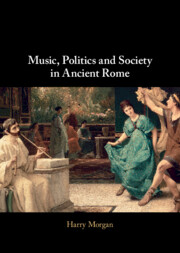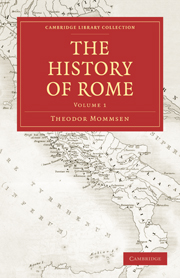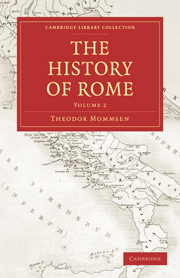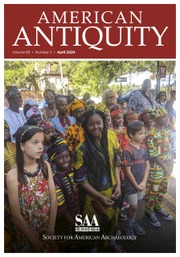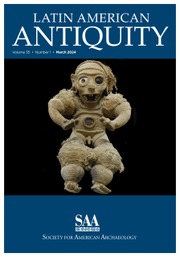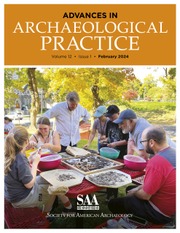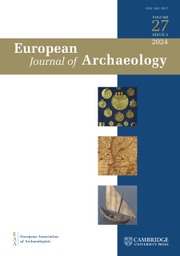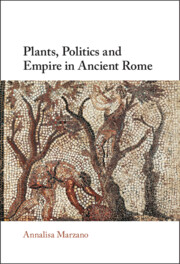
Plants, Politics and Empire in Ancient Rome
- Author: Annalisa Marzano, Università di Bologna
- format: Adobe eBook Reader
- isbn: 9781009302258
Find out more about Cambridge eBooks
Adobe eBook Reader
Other available formats:
Hardback
Looking for an inspection copy?
This title is not currently available for inspection. However, if you are interested in the title for your course we can consider offering an inspection copy. To register your interest please contact [email protected] providing details of the course you are teaching.
-
The book investigates the cultural and political dimension of Roman arboriculture and the associated movement of plants from one corner of the empire to the other. It uses the convergent perspectives offered by textual and archaeological sources to sketch a picture of large-scale arboriculture as a phenomenon primarily driven by elite activity and imperialism. Arboriculture had a clear cultural role in the Roman world: it was used to construct the public persona of many elite Romans, with the introduction of new plants from far away regions or the development of new cultivars contributing to the elite competitive display. Exotic plants from conquered regions were also displayed as trophies in military triumphs, making plants an element of the language of imperialism. Annalisa Marzano argues that the Augustan era was a key moment for the development of arboriculture and identifies colonists and soldiers as important agents contributing to plant dispersal and diversity.
Read more- Provides the first comprehensive treatment of Roman arboriculture, employing all available sources
- Sheds light on both ancient ideological constructs and practical matters pertaining to the running of agricultural estates and ancient arboricultural knowledge
- Contextualizes the movement of plants and spread of arboricultural skills in the Roman world, stressing the links with politics and imperialism
Reviews & endorsements
'When is a tree not a tree? When Annalisa Marzano offers her vibrant and perceptive study of the cultural and political dimension of Roman arboriculture, exploring the movement of plants from one part of the empire to another as a way to understand key aspects of Roman imperialism, culture and identity. …Marzano brilliantly combines technical knowledge and historical insights to deliver a unique study of the era of the principate of Emperor Augustus and beyond.' Rhiannon Ash, History Today
Customer reviews
Not yet reviewed
Be the first to review
Review was not posted due to profanity
×Product details
- format: Adobe eBook Reader
- isbn: 9781009302258
- contains: 10 b/w illus.
Table of Contents
1. Roman gardens, representation and politics
2. Aboriculture, 'Botanical Imperialism' and plants on the move
3. The Augustan 'Horticultural Revolution'
4. Grafting glory
5. Of peaches and peach trees
6. Campania and Cisalpine Gaul: Developments in commercial arboriculture
7. Plant dispersal and provincial agriculture: The Iberian peninsula and Gaul
8. Viticulture versus arboriculture: A matter of choice.
Sorry, this resource is locked
Please register or sign in to request access. If you are having problems accessing these resources please email [email protected]
Register Sign in» Proceed
You are now leaving the Cambridge University Press website. Your eBook purchase and download will be completed by our partner www.ebooks.com. Please see the permission section of the www.ebooks.com catalogue page for details of the print & copy limits on our eBooks.
Continue ×Are you sure you want to delete your account?
This cannot be undone.
Thank you for your feedback which will help us improve our service.
If you requested a response, we will make sure to get back to you shortly.
×
